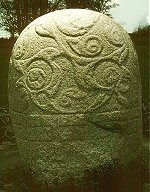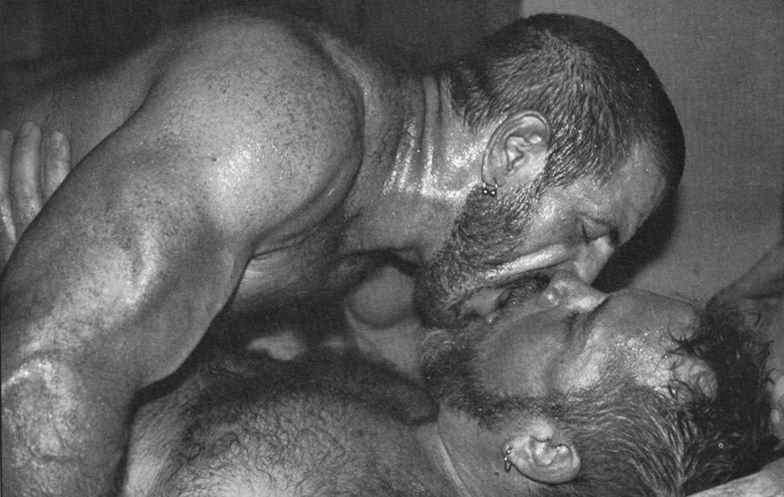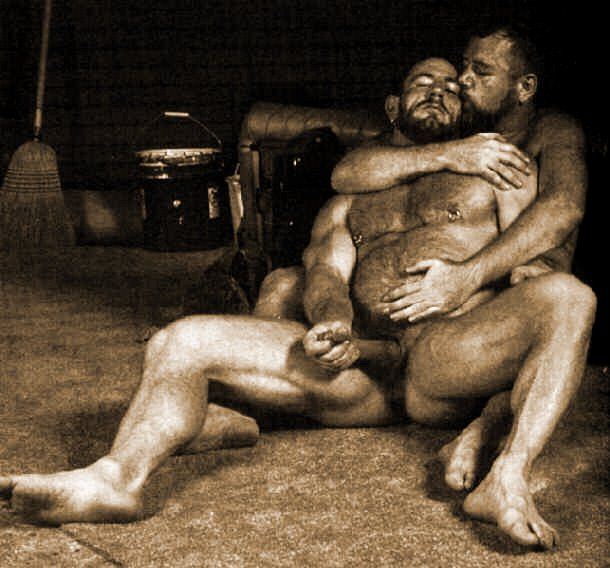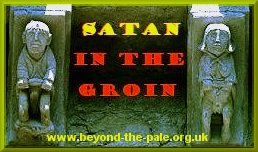
The Irish fondness
for phallic pillars
suggests something about Irish (indeed, almost universal)
attitudes to fertility and male power,
but nothing about Celtic sexual tastes or preferences.
For these, the only source is the first century
BC Greek historian and commentator Diodorus Siculus,
who, amplifying Aristotle's comments on Celtic male-on-male practices within
the warrior class, wrote:-
'The
men are much more sexually interested in each other than in women;
they lie around on animal skins and have full pleasure with a lover on either
side of them.
The extraordinary thing is that they haven't the smallest regard for their
personal dignity or self-respect;
they offer themselves to other men without the least compunction.
Moreover, this isn't looked down upon or regarded as in any way disgraceful:
on the contrary, if one is rejected by another to whom he has offered himself,
he takes offence.'
Such philadelphic practices are also suggested
in the Irish saga Táin Bó Cuailgne
('The Cattle-Raid of Cooley'), in which the hero Cú Chulainn explains
that he does not want to fight
his foster-brother and former buddy Ferdia:
Firm friends,
companions in the forest,
we made one bed and slept one sleep
in enemy lands after the fight.
The Celtic tribes were, socially, far in advance
of the Romans, for whom women, legally, did not exist
except as property. Celtic women had property and other rights, and could
divorce their husbands
if they spent too much time or too much passion on other men.
They also had iron-rimmed wheels, and were the first Europeans to build roads (of wood).
Perhaps the earliest
known mention of mature bearded men who liked to have sex with other similar
mature bearded men
is in a book called Nuzhat al-Albab'da by Al-Tayfashi (or Al-Tifashi,
1184-1253),
who was born in Tunisia and educated in Cairo and Damascus.
In it he observes that such men were dubbed the short-lived because
of the risk they ran of being mugged and murdered by bigots.




